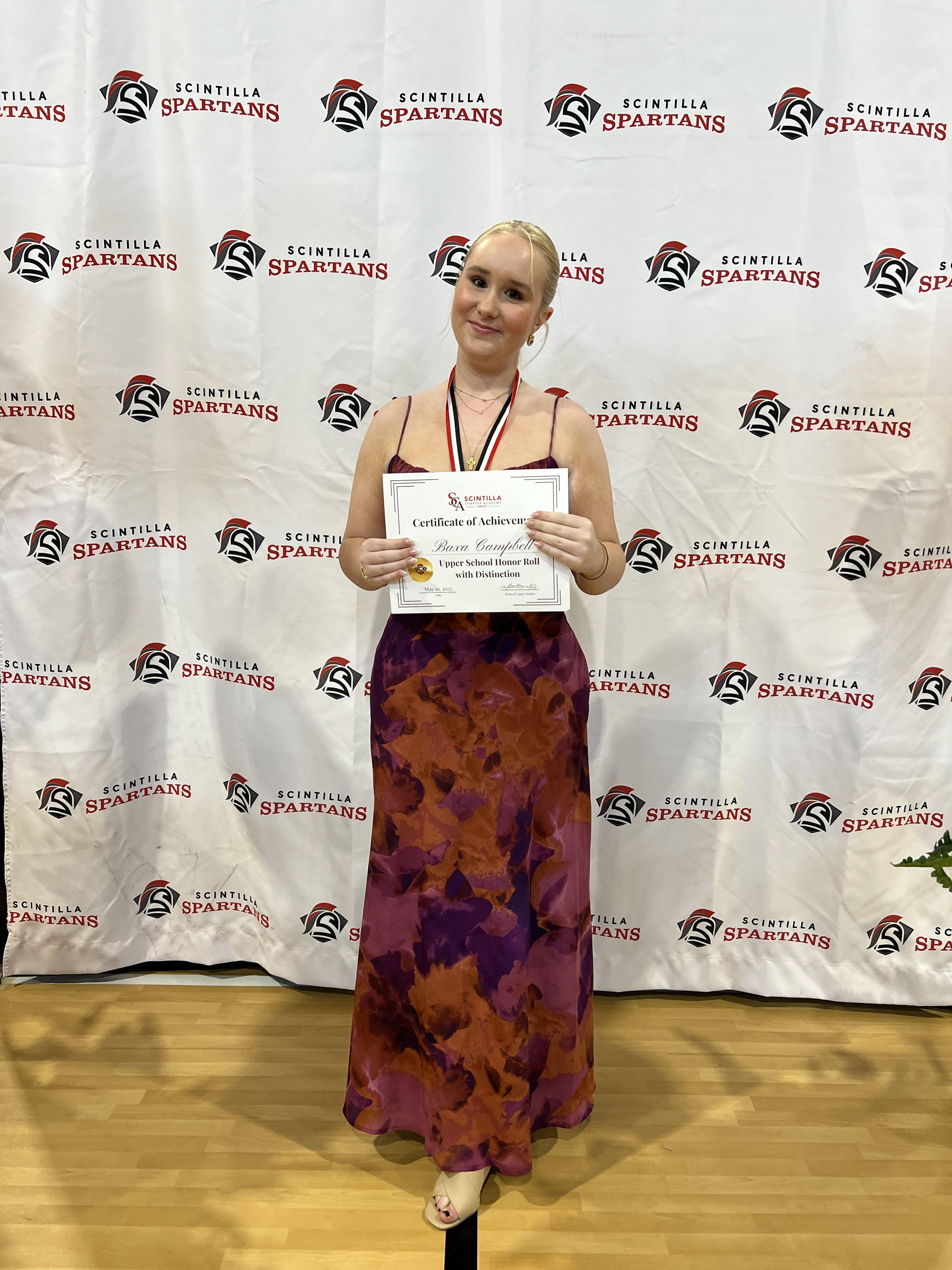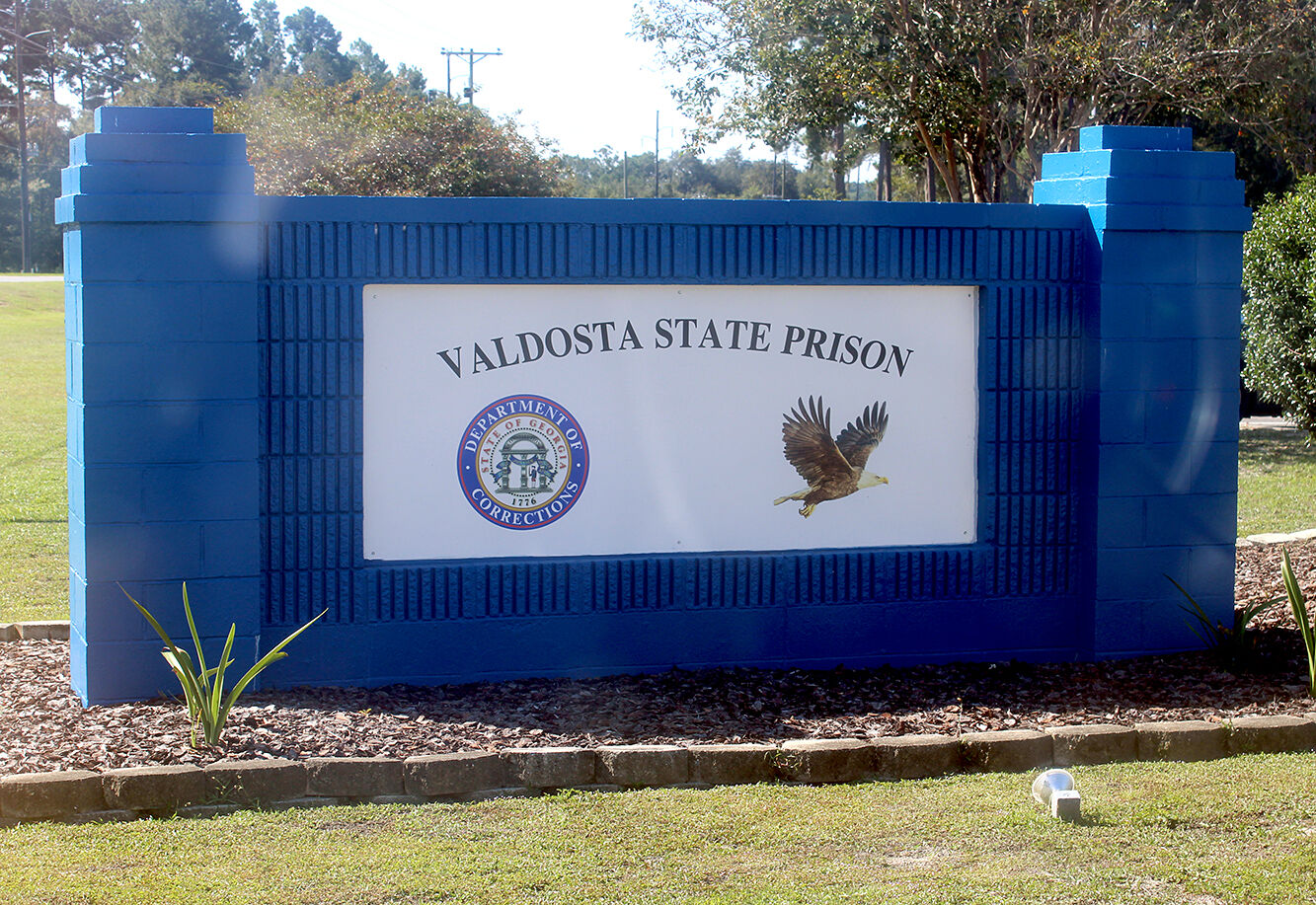Colquitt County plans 2 sales tax votes in 2017
Published 12:00 pm Monday, September 19, 2016
MOULTRIE, Ga. — With two sales tax votes coming up in 2017, Colquitt County voters likely will hear everything they ever wanted to know about the six-letter acronym — SPLOST — and more.
Actually, the second of those votes, scheduled for fall 2017, will add a seventh letter, a “T” in front of the “SPLOST” or special purpose local option sales tax.
But the first vote will be to extend the current penny sales tax that has been in place for nearly two decades. The sales tax, first approved by county voters in 1999, will on the ballot on March 21.
In the past the county has used money raised through that tax for such projects as courthouse renovations and construction of the courthouse annex building and courtroom in the ground floor of that building. It also has helped on county road projects.
Part of the money also traditionally has been split with the municipalities for projects on their bucket lists, and for other entities such as the Colquitt County Hospital Authority and Colquitt County Economic Development Authority.
Money earmarked to the six cities in the county has been based on population.
If voters approve extension of the tax it is expected to raise about $31.4 million over six years, with no interruption in collections in 2019 when the current one-cent tax, approved in 2013, expires. If the 2017 vote fails the county could hold another referendum after waiting a year.
For the county itself, two projects are looking to be the most important — $1 million for courthouse and annex renovations and $2.5 million for improvements of the Colquitt County Justice Center and the jail.
The county held an initial meeting on Thursday with officials from the municipalities and others are scheduled.
The transportation tax — a 1 percent levy on purchases — is scheduled for a vote in November 2017. If approved, it would be a new tax.
In July 2015 Georgia’s sales tax on gasoline was converted to an excise tax. Under the sales tax, the county received 1 percent of every sale and the Colquitt County Board of Education received 2 percent. They receive none from an excise tax.
To help counties and municipalities make up for the lost revenue, the state put in place a mechanism for local governments to initiate their own 1 percent sales tax earmarked for transportation projects.
If approved, the tax would increase the taxes paid on purchases from 7 cents per dollar spent to 8. As with the current sales tax, the county will meet with city officials to plan on sharing the proceeds.
The county plans to use its share to resurface county roadways and offset transportation expenditures from its general fund.
County Administrator Chas Cannon estimates that about $1 million would be available each year that could be used to reduce property taxes.





